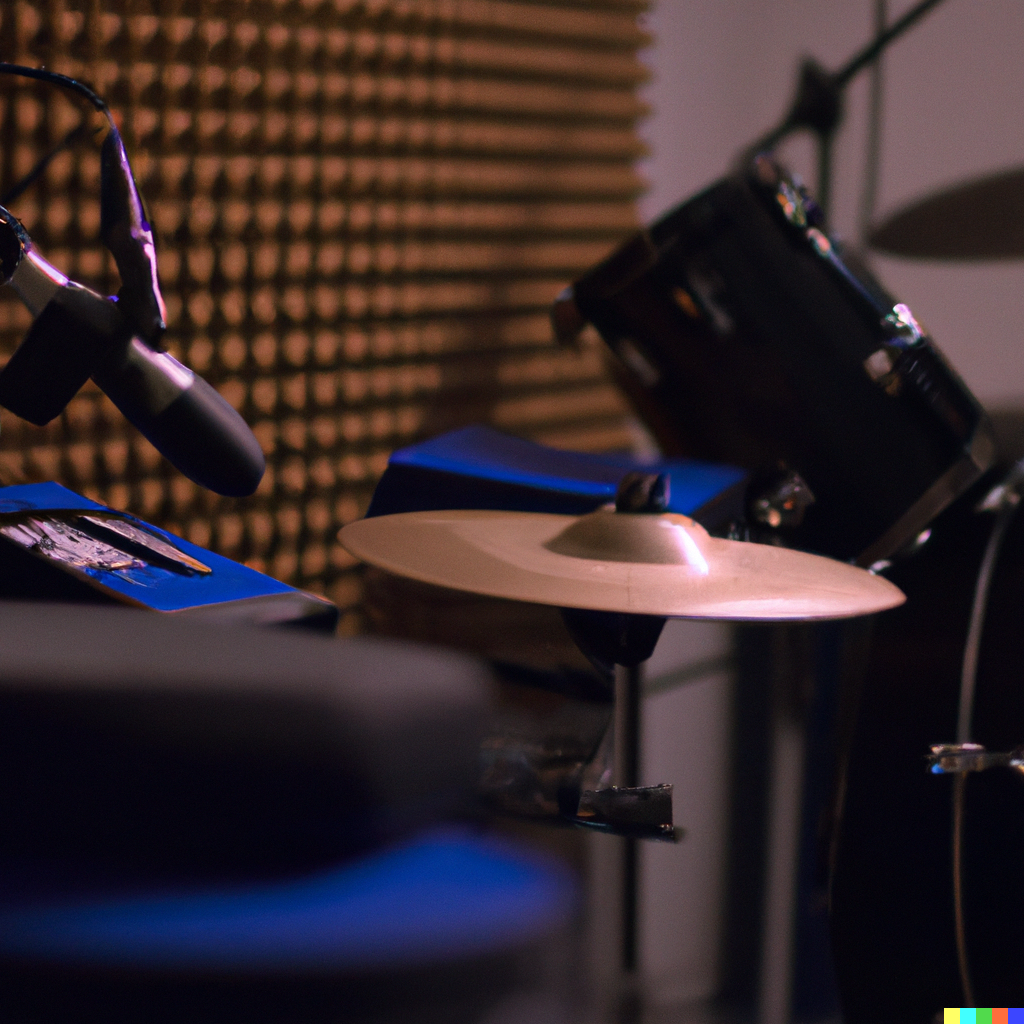Are Recording Studios Dying? – A Look Into the State of the Industry
Recording studios have been the backbone of the music industry for decades. They have played a critical role in producing and recording music, and they have been instrumental in launching the careers of many musicians. However, with the advent of digital recording technology, many people are wondering whether recording studios are becoming obsolete. In this article, we will take a closer look at the current state of the recording studio industry and explore whether they are dying.
Introduction
The rise of digital technology has revolutionized the music industry in many ways. With affordable and high-quality recording equipment available to musicians, it’s easier than ever to record music from the comfort of your own home. This has led many people to question whether recording studios are still necessary. In this article, we will examine the current state of the recording studio industry and whether they are becoming obsolete.
The Evolution of Recording Studios
Recording studios have been around since the early 20th century. However, they became more prevalent in the 1960s and 1970s when the music industry began to explode. At this time, recording studios were essential in producing and recording music. In the early days, recording studios were expensive to operate, and only a few well-funded studios existed. However, as the music industry continued to grow, more studios began to emerge.
In the 1980s, digital recording technology began to emerge, and this changed the music industry forever. With digital recording equipment, musicians could now record music from their own homes, and the need for recording studios began to decline. However, despite the rise of digital technology, many recording studios continued to thrive, and some of the most iconic albums of all time were recorded in traditional recording studios.
The Current State of the Recording Studio Industry
Today, the recording studio industry is facing significant challenges. With the rise of digital recording technology and the availability of affordable home recording equipment, many musicians are choosing to record music from their own homes. This has led to a decline in the demand for traditional recording studios.
In addition, the COVID-19 pandemic has had a significant impact on the recording studio industry. With many musicians unable to perform live, the demand for recording studios has declined further. This has led many recording studios to close their doors permanently, and it’s unclear whether they will ever reopen.
The Future of Recording Studios
Despite the challenges facing the recording studio industry, there is still hope for the future. While many musicians are choosing to record music from their own homes, there will always be a demand for high-quality recording studios. The music industry is constantly evolving, and recording studios will need to adapt to stay relevant.
One way that recording studios can adapt is by offering additional services. For example, many recording studios now offer music production services, mixing and mastering services, and even music video production services. By expanding their range of services, recording studios can attract more clients and stay competitive in a changing market.
Another way that recording studios can stay relevant is by investing in the latest technology. By staying up-to-date with the latest recording equipment, recording studios can offer their clients the highest quality recordings possible. This will be essential for attracting clients who are looking for a professional and polished sound.
Conclusion
In conclusion, while the recording studio industry is facing significant challenges, it’s not dead yet. With the rise of digital recording technology and the COVID-19 pandemic, many recording studios have closed their doors permanently. However, there is still hope for the future. Recording studios can adapt by offering additional services and investing in the latest technology. As the music industry continues to evolve, recording studios will need to adapt to stay relevant.

Leave a Reply